WEDDING VIDEOGRAPHY: THE 9 TYPES OF EQUIPMENT YOU NEED
THE BEST CAMERAS FOR WEDDING VIDEO
First off, let’s take a look at the top cameras for wedding videography.
CANON EOS 5D MARK III
When Canon released the 5D Mark II, it changed the indie filmmaking world forever. It also changed the wedding videography world for good, too.
All of a sudden, we had immensely stunning 1080p HD footage that made wedding films look like cinematic movies. Sure, you still had to know what you were doing with the camera. But now we actually had an affordable technology that could give us near-cinematic quality video footage.
Whilst the 5D Mark IV is already out and making waves, I’m recommending the Mark III here for its all around workhorse capabilities and because I have a bit of a soft-spot for it.
Pay special attention here because this is the only camera on this list that can also double up as a photography camera. So if you want to make a living taking stills at weddings as well as video, there’s a big advantage to investing in one of Canon’s most beloved cameras.
CANON EOS C100
Ah, the C100…where do I begin. It’s fair to say that I absolutely adore this camera, and for good reason. It’s throning as the crown prince camera of indie filmmaking isn’t without reason.
It’s a solid all-rounder. Great for indie and narrative projects, as well as documentary and event video like weddings. Even all other uses aside for the purposes of this article, the C100 still shines as a pure wedding video camera.
One of the major advantages of the C100 over the 5D Mark III is the continous recording capability. The 5D Mark III (as well as other photo based cameras) has a 30 minute recording limit. This is based on a bizarre tax law that anything that can record longer than 30 minutes is considered a video camera.
The C100 doesn’t have that issue and is a true video camera in every sense of the word. The ability to record continuously is best felt in the wedding arena when it comes to the ceremony and speeches.
With DSLRs like the Mark III, the recording time limit was an issue if you wanted a master shot on, say, a static camera. Getting over to the static camera in time and re-clicking the record button could be a real ball-ache!
As well as that, the DSLRs do have a tendency to overheat, as anyone who’s shot event stuff on hot summer day’s will attest to.
The C100 is a true, rugged video camera, and it makes this list both for its obvious event videography capabilities and its abilities in other types of filmmaking.
Oh, and did I mention the quality of footage this thing produces is pretty amazing, too!? Here’s a wedding shot on the C100:
SONY PXW-FS7
Not everyone needs a Sony FS7 for a wedding. But, once people see the results in the amazingly awesome footage, nearly everyone wants one.
The guys I see using FS7s on weddings are usually companies who have a corporate/commercial video company as well, and they have an FS7 for that work. They then use the FS7 for high-end weddings.
It’s a great piece of kit and the slow motion capabilities are to die for, as this wedding highlight clip shows:
But there are drawbacks with the FS7. It’s not a perfect camera (what is!?) Still, the biggest drawback with the FS7 will be its hefty price tag. It’s out of the realms of affordability for lots of casual wedding videographers.
Here’s a solid FS7 review by the ever-reliable Philip Bloom:
THE BEST LENSES FOR WEDDING VIDEOGRAPHY
The first thing to mention before we get into lenses is an important point: not all lenses work with every camera. Most people know this, but it’s worth belaboring the point here.
One of the key things about recommending the 5D Mark III and the C100 as wedding cameras is that they are both Canon cameras that use the EF mount.
This means that the EF lenses you use with your Mark III will also work with your C100. This makes the natural transition from the 5D Mark III to the C100 even more fruitful.
CANON EF 24-70MM F/2.8L II USM
This is a great walk-around lens. Awesome for shooting the majority of a wedding.
What can we say about this workhorse of a lens? It’s considered by most in the know as one of the best Canon lenses of all time. And rightly so.
Whether you’re walking around at weddings or other event filming situations, or shooting corporate/commercial work, this is a workhorse of a lense that is good in a whole range of situations.
Put it on a full-frame camera (like the 5D Mark III), or a CMOS like the Canon C100, and you have a piece of kit that won’t let you down in pretty much any situation.
It’s solid for interviews, fairly wide angle stuff, and is also a sturdy zoom up to 70mm. And when you need a little bit of extra zip in your zoom, pair it with the 70-200mm 2.8 for a great one-two punch.
CANON EF 50MM F/1.8 STM
The nifty fifty! Yes, this is a really cheap lens that has a great look to it.
It’s the baby brother of the 50mm 1.2 and 1.4, but this is still a great little lens that will help you get lots of lovely close ups with the so-called ‘blown out’ depth of field look.
This is the cheapest ‘blown out’ depth of field lens that money can buy. And you’ll find yourself using it throughout many parts of the day. Whether that’s during the Creatives mid-way through the day, or when light gets difficult and your 2.8s run out of kick without artificial light assistance.
CANON EF 70-200MM F/2.8L IS II USM
For longer range shooting, this is the Canon lense to get. It’s an exceptional lense for all kinds of event videography, including sports shooting.
This lense has superior optics and video image quality. I love using this to pick off ‘mingling shots’ of people during the reception.
If you’re far enough away, you can pick off really great two-shots of people talking. And the fact that it’s so telephoto means that you don’t have to be up in people’s faces in order to get brilliant shots. This means that you’re able to better capture those natural moments that a wedding couple swoons over when they see them.
Make sure you get the more expensive one with image stabilization, as it’ll pay off.
ROKINON 85 1.5 CINE LENS
Here’s a more speciality lense. Not going to include too many speciality lenses here, as this is a basic list and we could be here all day listing cool lenses!
Anyone familiar with the Rokinon lenses range for other other types of shooting knows how powerful and awesome a look you can get with this.
The 85mm is a good lense to use during the wedding prep shoot in the morning of most weddings. Especially good for close-ups and detailed shots that you can later use for inserts when you come to edit. Also good to switch out for the First Look and various other parts of the day.
A quick word on Sony lenses. I know I mentioned the Sony FS7 in the wedding cameras section, but I’m not going to cover all the Sony lenses here. The FS7 has a Sony E-mount, but it’ll also work with Rokinon lenses and even Canon EF mount lenses (with an adapter), as well as others.
Here’s a video:
THE BEST STABILIZATION GEAR FOR WEDDING VIDEOS
TRIPODS
All important. Too many beginners think shooting handheld 90% of the time is somehow cool because they saw a still of their favourite indie DP doing it one time.
MONOPODS
The best tripod for wedding vidography is actually a monopod. Okay, I jest – but the monopod is such an amazing piece of kit. It’s fantastic for wedding days (and all kinds of event videography, actually), as it is unobtrusive and helps you get in those hard to stand areas.
Think about it, how many times have you been at a wedding (or some kind of event) and struggled to get off 3 legs of the tripod through doors, corners, corridors and other places? It’s not a good look!
Equally, you’ve no doubt seen a frlustered videographer at a wedding trying to squeeze his tripod through a church door whilst everyone’s leaving!
If you’ve ever used a tripod at a wedding, you know two things:
- It’s sometimes essential (static shots of the ceremony and the speeches).
- For all other purposes, a monopod is nearly always the better option.
Yes, monopods are for those occasions when one leg is better than 3! Which it nearly always is at weddings, aside from the ceremony and the speeches (and even then, a monopod can be used effectively!)
SLIDERS
Not entirely necessarily when you’re first starting out, but prices have come down a lot and it’s such an awesome affect that you’ll love seeing in your films!
Just don’t get addicted to slider useage to the point where it becomes like 75% of the shots in your wedding films! Not only does that look ridiculous, but it cheapens the affect and stops it being special. This is especially true when people come to look at your portfolio when making a decision on which wedding videographer to go with.
I’d recommend the Yelangu range of sliders as a good entry level. The Yelangu Slider Kit is cool.
THE BEST SOUND EQUIPMENT FOR WEDDING VIDEOGRAPHY
They say people will watch an online video is the video is subpar. We are, after all, used to watching documentaries and reality shows with all kinds of varying video quality.
What people won’t put up with is poor audio quality. It’s jarring. Like fingers down a blackboard.
And this is never more true than in the world of wedding videography. If you don’t get your audio right, then you better believe people are turning off your films faster than Donald Trump tweeting in reaction to something that irks him!
It’s become something on a cliché to talk about how important sound is to the quality of your wedding films, and how hellaciously undervalued it is in most video that you see on the internet.
Yes, couples will stomach a bit of grainy footage here and there, but hearing terrible audio (especially for the vows!) is like scratching your fingers down a blackboard! And that stuff will get pulled off faster than a bride’s panties when they get back to the bridal suite!
Alright, terrible analogy there.
THE BEST LIGHTING FOR WEDDING VIDEO
At the end of the day, lighting is a luxury in wedding videography for a variety of reasons:
- Time is of the essence in event videography and setting up elaborate lighting setups just isn’t top of the list of priorities.
- The run and gun nature of most styles of wedding videography means you just don’t have the ability to carry extra gear a lot of the time.
All this is to say that when you’re hustling from location to location, often with a strict time pressure, you just don’t have the time and resources to set up lighting.
The times when you do need it most are often the times when you really don’t have the time to set good lighting up. Let that sink in. If you’ve shot more than a few weddings, you’ll know what I mean here straight away.
With that said, let’s talk about some little equipment basics that will stand you in good stead for most weddings.
For entry level, you can’t go wrong with a basic DSLR attachment LED light on top of your camera. The Yelangu 204 LED light is a bargain. This will ‘light the way’ and give you that extra kick when your aperture is failing you.
Yes, these setups will help out your image quality in low light situations, but as we’ve discussed, you’re also adding an extra cumbersome element to the day. This extra element might not suit every couple or venue.
Never forget the extra safety concerns of working with lights and the extra wires they often entail. If you’re used to shooting corporate work, you might not be used to working around kids and drunken people. If there’s one thing I know about weddings it’s that there are lots of kids and drunken people there. Always take safety precautions.
You should also always measure the ease of use and efficiency with the footage quality return, not just the monetary concerns.
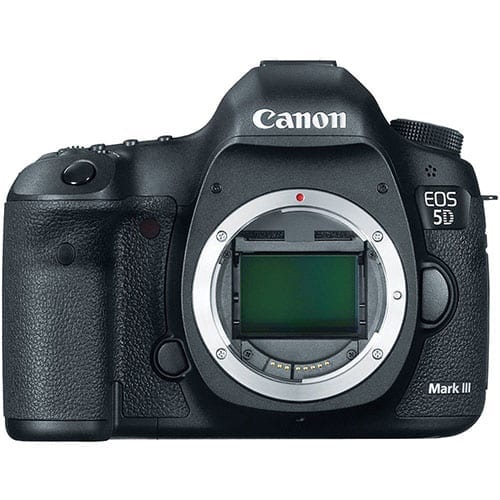
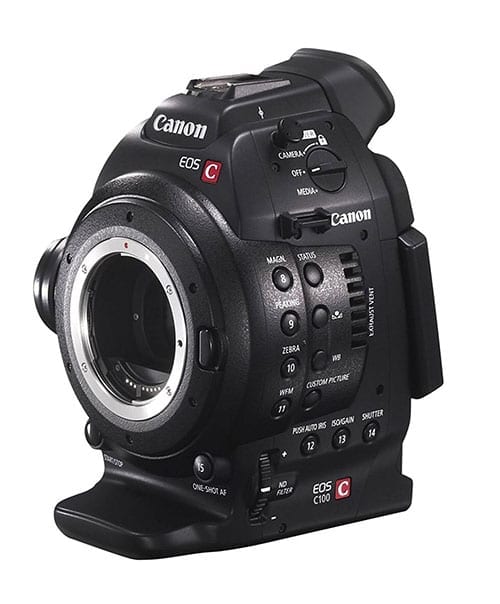
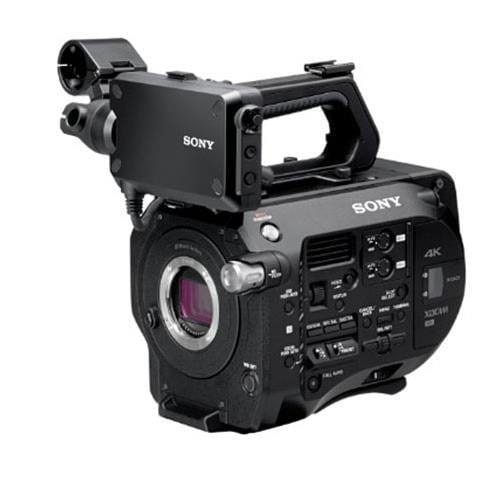
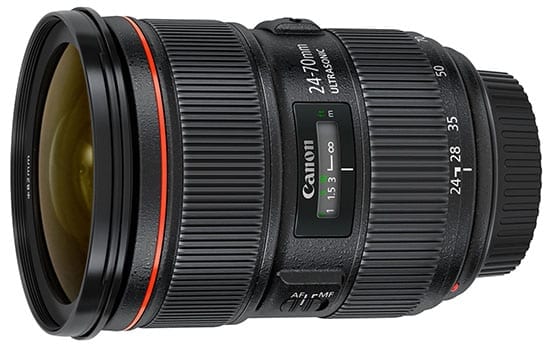

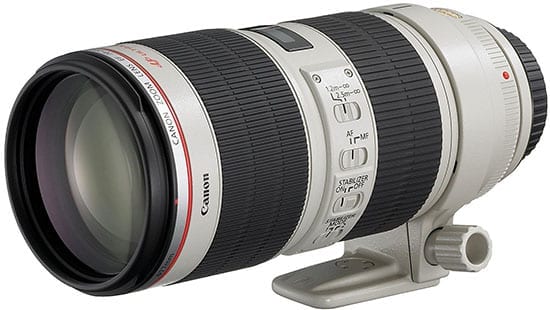
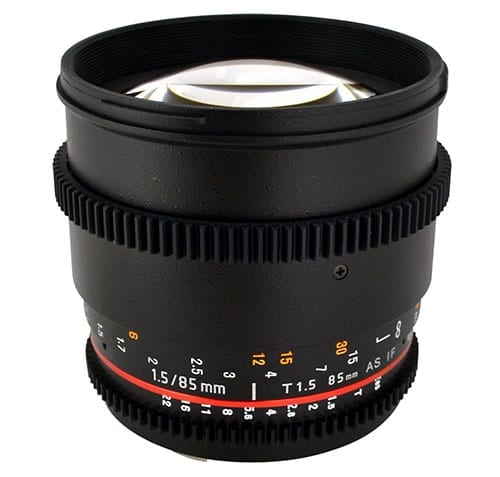

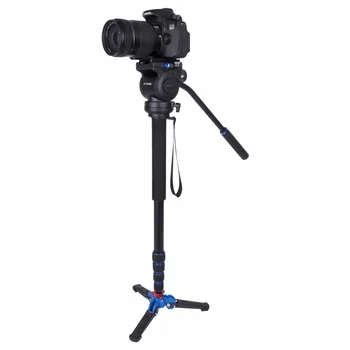



评论
发表评论